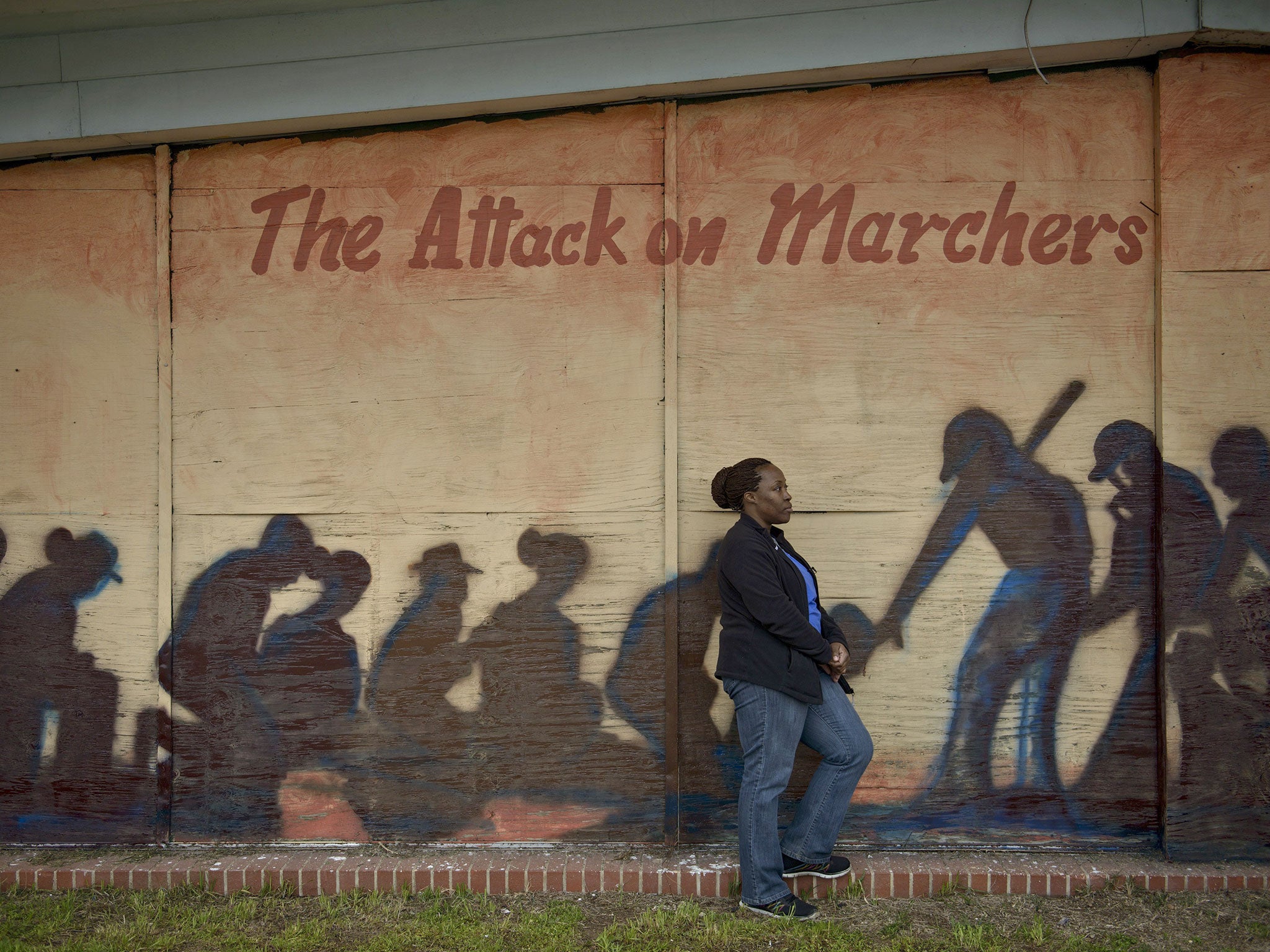Deep South: Four Seasons on Back Roads by Paul Theroux, book review
Theroux undergoes a journey of self-discovery in the American Deep South

In the traditional manner of travel narratives, Deep South begins with a statement of intent. “Having seen the rest of the world, I… planned to take one long trip through the South in the autumn, before the Presidential election of 2012, and write about it”, Theroux tells us. It sounds a simple enough plan but, as so many have been before him, he is ambushed by his subject, returning to this neglected, contradictory corner of America repeatedly over a period of almost two years, held “sometimes in a comforting embrace, occasionally in its frenzied and unrelenting grip”.
After a lifetime spent travelling as “an alienated spectator on a train” or suffering the indignity and boredom of the airport security check, Theroux loves to wake up in New England and just get in his car to achieve “the bliss of a sudden exit”. As he explains, “even in the poorest places in America, where there are shacks and rotting house-trailers, the roads are wonderful”. Those shacks – and the poverty of their inhabitants – are as much of a contrast with his home as anything he has seen in sub-Saharan Africa, where, paradoxically, the American government is spending hundreds of millions of dollars in aid while ignoring the plight of its own citizens a few hours down the highway.
The small town of Glendora, for instance, with its “hideous street of shacks and hovels… where men in rags, with glazed dog-like eyes, [sip] from bottles and cans”, is profoundly depressing. This is where, in 1955, the 14-year old African American youth Emmett Till, visiting from the North, was murdered for having whistled at a white woman in the post office in the nearby hamlet of Money. An all-white jury acquitted his openly gloating killers, an event that riveted Theroux as a teenager. Fifty years on, African Americans he meets tell Theroux that “nothing’s changed”.
Segregation is built into the South’s topography: the uplands are exclusively white while the plains, where the large plantations were during slavery, are majority black. Blacks and whites worship in different churches. To his astonishment, he finds the University of Alabama still holding on to segregated sororities, half a century after the first black students enrolled, protected by the National Guard.
These old troubles are compounded by the relatively new effects of globalisation. Once the sweatshop of the Union, the South has been abandoned by industries seeking even cheaper labour in Mexico or Asia. The look of this traumatised landscape, a kind of beautiful desolation, is captured in photographs by Steve McCurry, a long-time collaborator, accompanying the text. Yet where Theroux might once have made a quick judgement and stepped back on a train, now he returns, invited by those he meets. “Next time you come ‘round this way you stop by” they say, and he does, gradually enmeshed in a network of relationships, welcomed into churches and gun shows with equal warmth, until he begins to see the good news along with the bad: the community projects, the black churches that are “the beating heart…the vitality” of a community, the syndicate of African American farmers overcoming the reluctance of institutions to support them – “the Klan don’t wear sheets. They sitting behind the desks in the banks” – through determination and sheer hard work.
Between trips he re-reads Southern literature, prompting a series of digressions, reassessing its “crude surrealism” as well as reflecting honestly on the shortfalls and artifice involved in travel writing itself. At the end of the road, the veteran traveller catches a glimpse of an unfamiliar figure in the eyes of those he has met: to them, he realises with a profound shock, he is old. Perhaps he has failed to evade one cliché of the quest narrative – that the final discovery of the traveller is oneself – yet Deep South is none the worse for that.
Subscribe to Independent Premium to bookmark this article
Want to bookmark your favourite articles and stories to read or reference later? Start your Independent Premium subscription today.

Join our commenting forum
Join thought-provoking conversations, follow other Independent readers and see their replies